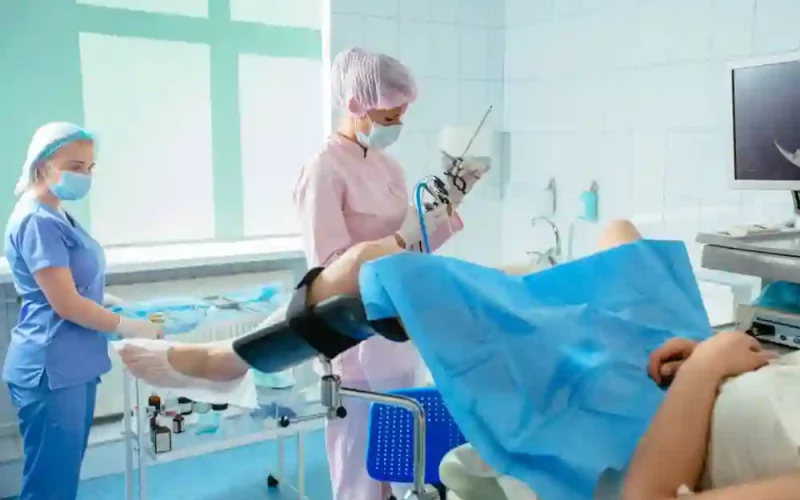The earlier most reproductive health problems are diagnosed, the easier it is to manage and treat them. It is even better if we can prevent them from developing. Prevention is key in healthcare, especially when dealing with gynecological conditions.
The best way of preventing such conditions is through proper hygiene, routine annual women wellness exams, and engaging in protected sex. Most women are working on preventing reproductive conditions because they understand the benefits of checking their reproductive health for potential gynecological problems through gynecology Prospect Lefferts Gardens. Here are other ways in which gynecology can help you remain healthy.
Regular care visits
Gynecological visits allow you to ask questions about your reproductive health in all life stages. Through these visits, you learn more about pregnancy, birth control, and how to alleviate menopause symptoms. A gynecologist addresses reproductive concerns you might be experiencing when you are a teen, a young mother, or during old age.
You also get screened for various health conditions during your routine check-up. You get screened for conditions such as cervical cancer, breast cancer, UTI, and sexually transmitted infections. Screening for such conditions helps detect abnormal changes in various reproductive organs.
Mental health care
Research has shown that one in three women suffers from an anxiety disorder at some point. Anxiety and depression are more likely to occur at the same time. Accepting the need to seek mental health services helps overcome some mental problems.
Many gynecologists are currently being taught how to recognize signs of depression and anxiety. They ask you a few questions to help determine your emotional feelings. New moms and pregnant women need to get screened for depression and anxiety annually.
Vaccinations
Gynecologists also help you if you are due for a covid-19 vaccine or flu shot. They administer vaccines to protect you against various conditions and infections, such as meningitis, HPV, and whooping cough. Some vaccines are also best given during certain times of the year for optimal results.
For instance, if you want your yearly flu shot, it’s best to get it during the early fall. Talk to your gynecologist about which vaccines are due and when you need them. You should also inform your care provider if you are expectant because some vaccines are essential for pregnant women.
Long-term health after pregnancy
Your gynecologist has a unique perspective on your long-term health, especially if you have been pregnant. They inquire if you develop certain pregnancy-related health conditions, such as gestational diabetes or hypertension. Gestational diabetes increases your risk of developing type 2 diabetes, while hypertension increases your chances of developing heart disease later in life.
You get tested for diabetes after four to twelve weeks following delivery if you have gestational diabetes. If you test positive for diabetes, you are referred to an endocrinologist to help you manage diabetes. If your blood pressure is still high following delivery, your gynecologist prescribes medications to help lower your blood pressure.
Urinary incontinence
You have urinary incontinence if you start to leak urine when you laugh, cough, exercise, or sneeze. Various aspects of your life are affected because it becomes quite challenging to participate in your chores when you are leaking urine. You become afraid of traveling by public means because you keep requesting the driver to stop so that you can help yourself.
People with urinary incontinence may hesitate to consult a gynecologist because they think it is due to old age. You should consult them after you start leaking urine for an early diagnosis of the cause of your incontinence. The gynecologist then offers physical therapy, surgery, or medications.
Imagine a world without gynecology services, or women are not educated on the need for the same. It would be a chaotic world because most women would use all the resources at their disposal, looking for ways to treat such conditions. Other conditions, such as cervical or breast cancer, would also go unnoticed until they are in the late stages, during which they are untreatable.
More maternal deaths would also increase, especially when dealing with serious gynecological conditions such as cervical cancer. Marital conflicts are more likely to rise because some of these gynecological conditions might result in infertility if left untreated. An increase in sexually transmitted diseases would also be noted in men and women, which would make it difficult to treat.











